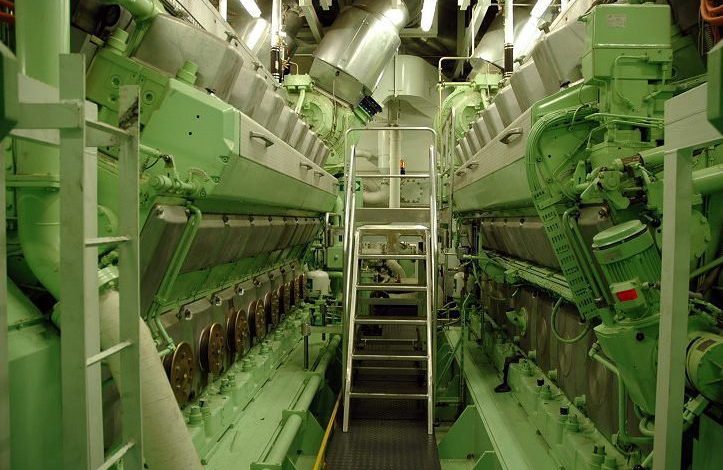Less focus on output

Katherine Si looks at how China’s engine manufacturers have changed priorities in the downturn.
As the core equipment of ships, the propulsion system accounts for 15% to 25% of the total value of a ship. Moreover, the propulsion system will directly affect the reliability, energy-saving, environment protection and efficiency of ships – the propulsion system has always been at the centre of building any modern cargo ship.
China, which ascended to the top of the global shipbuilding ranks in recent years, has since moderated its shipping ambitions – harsh market forces have made it realise that quality not quantity counts in shipbuilding. Similarly, on the engine manufacturing front, China is beginning to think more than just output figures. The nation wants to be more specialised. Beijing has approved a special project for the marine power sector and is planning to launch a low-speed diesel engine project. The preparation works have started.
The nation’s shipbuilding association (CANSI) held a marine propulsion seminar in November in which the future of the sector was discussed and goals set.
“China has made quick progress in the sector in recent years. The marine propulsion industry has entered into a key development stage. The cooperation between the industry and the finance sector will promote the fast and healthy development of it,” says Ma Yunxiang, director of the planning department at state-run shipbuilding conglomerate, CSSC.
Liu Xiangyuan, an expert on naval equipment, suggests the nation should establish a ‘national team’ to focus on the research and development of marine propulsion products.
As well as specialising there is a clear mood in the nation to develop greener engines. Considering the increasing pollution at domestic ports from more and more ships calling, China will establish emission control areas for vessels within the next five years, according to the Ministry of Transport. As a result there is an urgent need to develop greener propulsion systems.
As in the nation’s shipping and shipbuilding sector, consolidation is happening fast across the nation’s marine engine manufacturers. This has seen CSIC, another state-run giant shipbuilding conglomerate, put most of its engine assets into its Shanghai-listed subsidiary Fengfan while its southern rival CSSC has increasingly put most of its engine assets into subsidiary, Hudong Heavy Machinery.
This article first appeared in the latest issue of SinoShip magazine, to coincide with this week’s Marintec China exhibition. Readers can access the full magazine online for free by clicking here.
